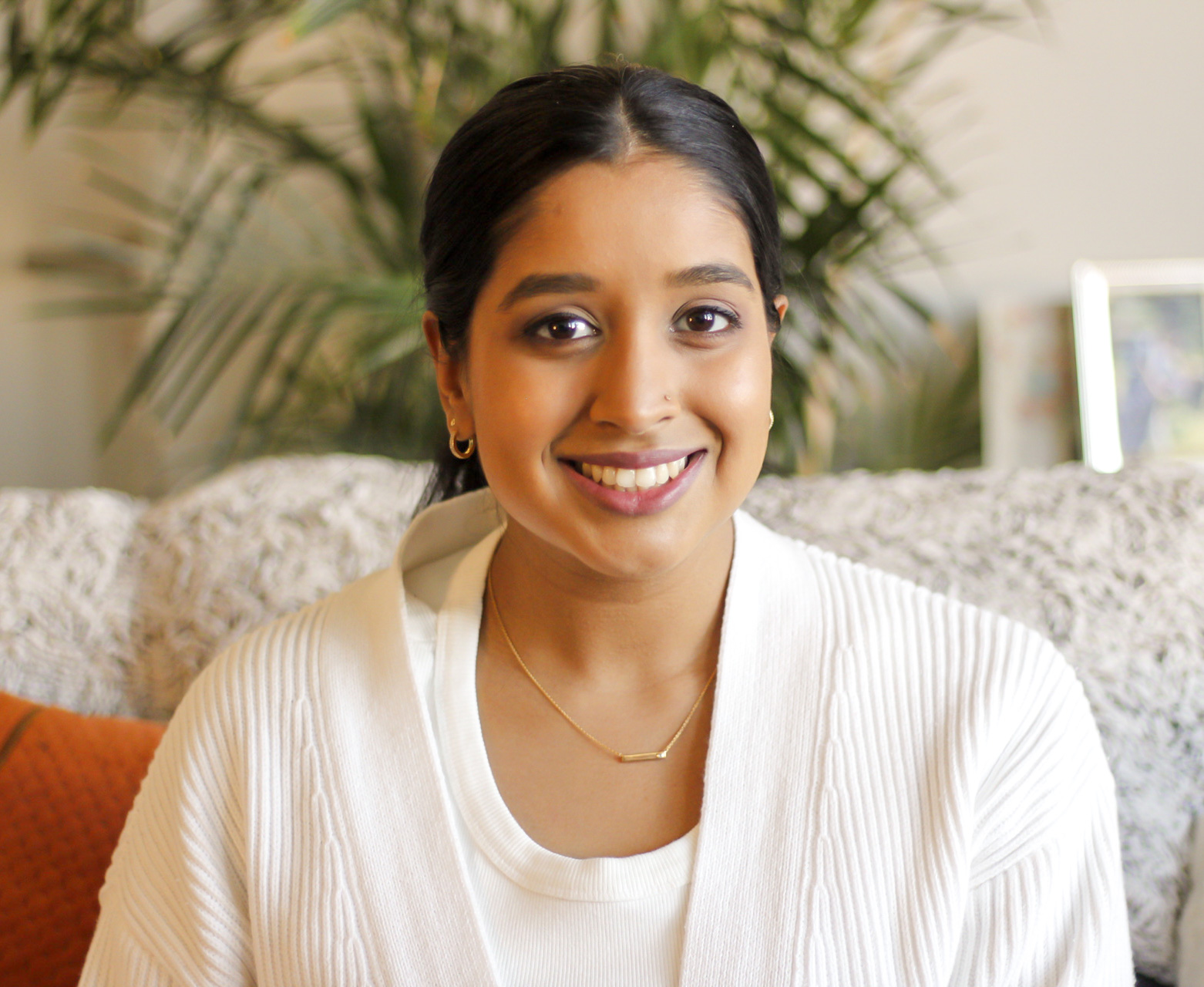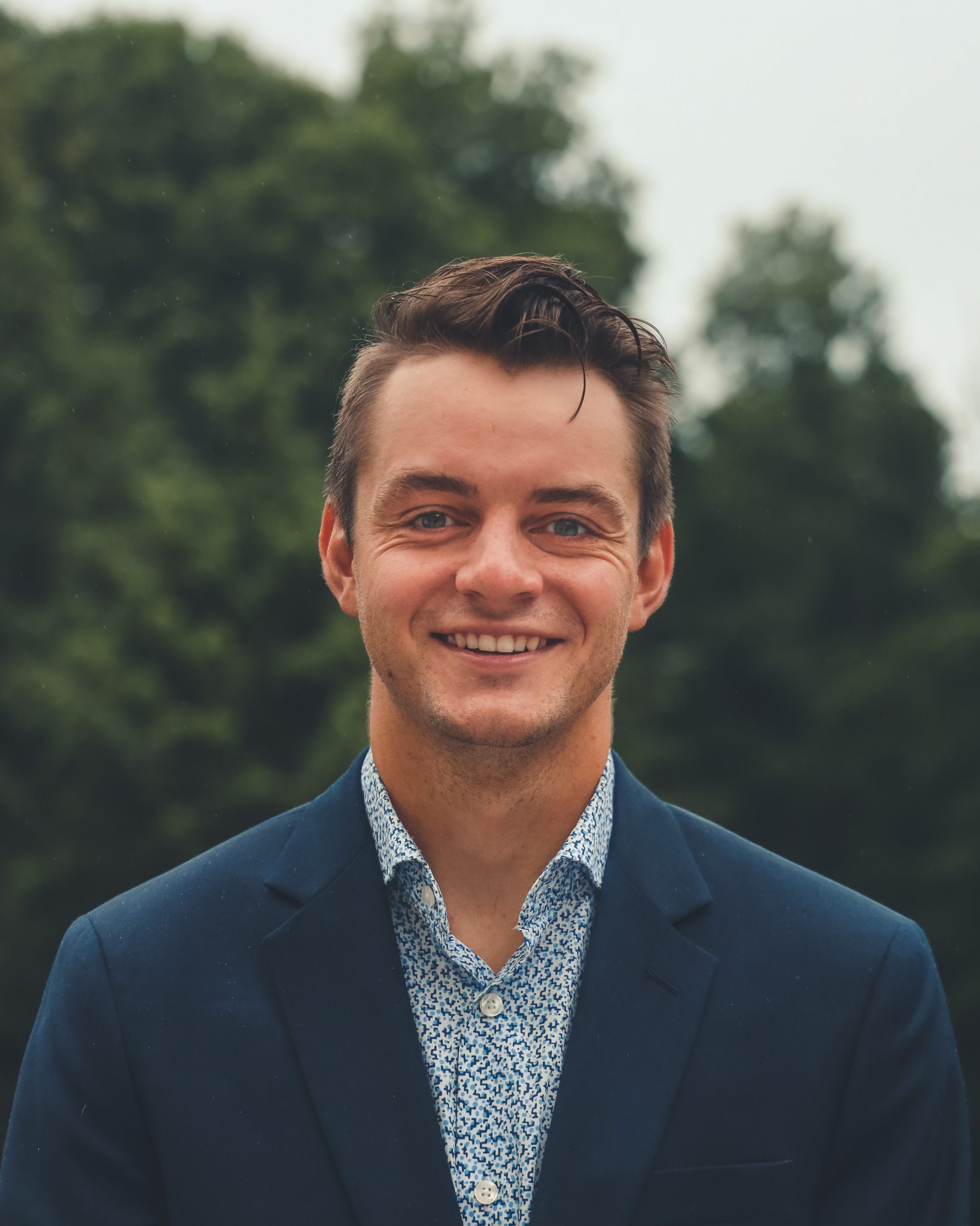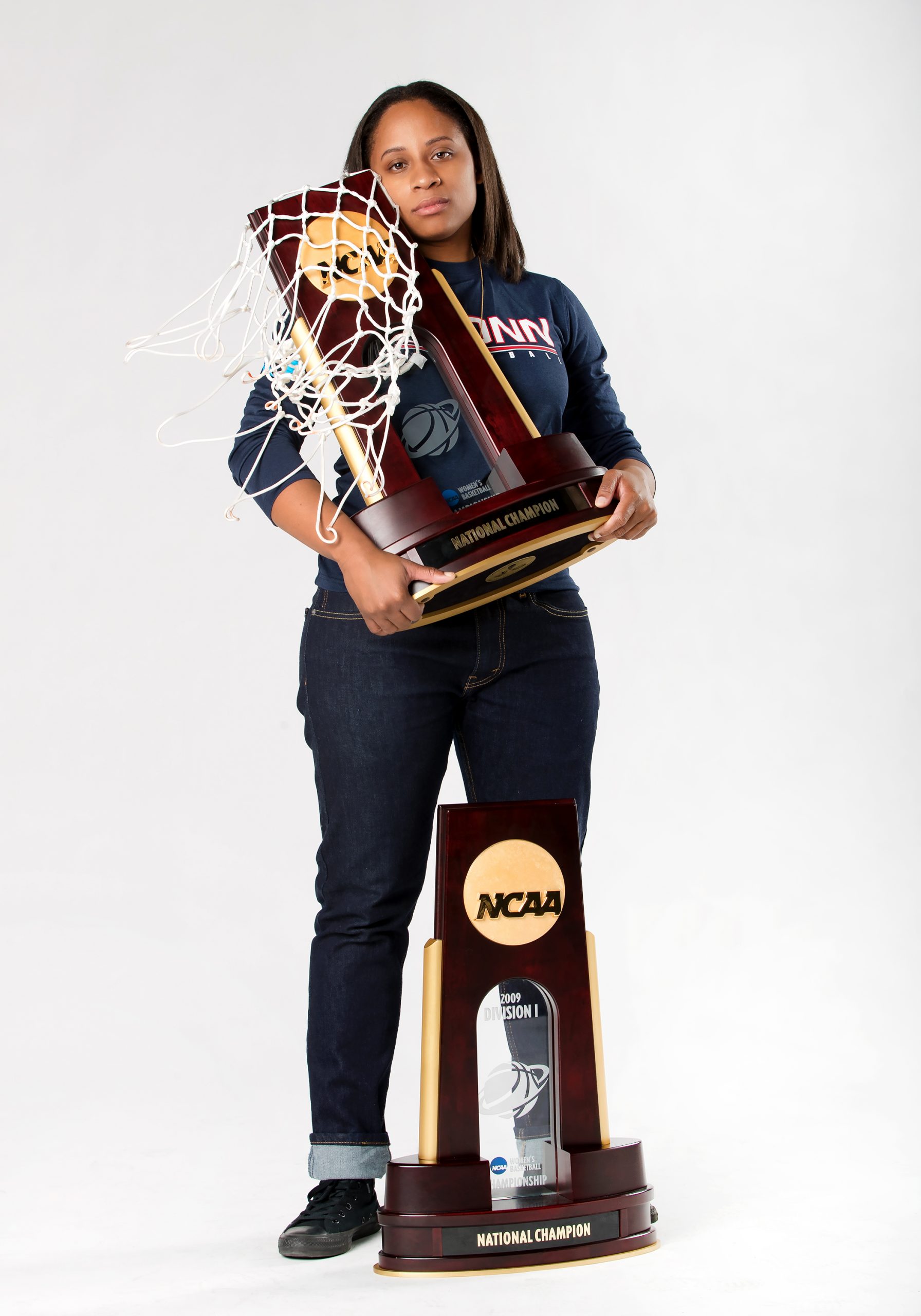
Vice President & Marketing Lead, Visible Hands VC
Sumia Shaikh is a founding team member, investor, and VP of Marketing at Visible Hands VC. She leads marketing and brand for the firm and focuses on supporting portfolio companies in the digital health and wellness space.
Prior to joining Visible Hands VC full-time, Sumia was a Strategy Consultant at Vivaldi in New York City working on Brand, Innovation, and Growth Strategy projects for Fortune 500 tech clients. Before relocating to New York, she spent several years in the Boston startup ecosystem working on Partnerships and Program Management at a global accelerator called MassChallenge where she helped launch their Rhode Island and HealthTech accelerators. Furthermore, Sumia spent a few years working on Vertex Pharmaceuticals' Innovation and External Research (VIER) team as an internal innovation consultant on diverse, company-wide initiatives. Notably, Sumia's contributions helped VIER be named an Honoree for Innovation Leader’s 2019 IMPACT Awards for Best New Initiative and earned her three department-nominated awards.
Sumia graduated with honors from the University of Connecticut with a Bachelor of Science in Allied Health Sciences, and a concentration in Public Health and Program Management.
In her free time, Sumia likes to try new recipes, doing yoga, or spending time with her newborn baby girl.
Sumia Shaikh is doing things WerthWatching:
- Became a founding team member of Visible Hands VC, a venture capital firm on a mission to highlight and invest in the limitless potential of overlooked founders, after becoming disenchanted with the lack of funding for underrepresented entreprenuers.
- Rockstar mentor in Werth Institute's NetWerx program.
- New mom to a beautiful baby girl!
How did you become interested in Venture Capital?
I became interested in venture capital after working at a startup accelerator with hundreds of founders and falling in love with the entrepreneurship and innovation space. After undergrad, I was recruited to work at MassChallenge in a partnership and program management role where I ran entrepreneurial boot camps, and managed relationships and research with corporations, foundations, government, and VCs. Surrounded by hundreds of brilliant problem-solvers working across industries, I quickly became enamored by the fast-paced, invigorating startup environment. I was energized by their unbridled optimism and creativity.
Despite loving working in this environment, I became disenchanted while supporting initiatives to help underrepresented entrepreneurs. Industry statistics consistently show how Black, Latinx, and female founders get less than 10% of VC dollars annually. This group consistently is underfunded and over-mentored. As much as I loved supporting programs and partnerships for this demographic, I was deeply disappointed in how accelerators and incubators fell short of providing actual dollars to overlooked founders.
After MassChallenge, I spent several years in Corporate Innovation and Brand Strategy Consulting to upskill myself. I hoped to join an early-stage startup or VC in a platform role one day. When Justin Kang reached out to me during the Summer of 2020 about starting Visible Hands, I knew I had to get involved. Visible Hands is different from any venture capital firm or accelerator that I have encountered. Visible Hands is a venture capital firm with 14-week, virtual-first accelerator on a mission to highlight and invest in the limitless potential of overlooked founders. At the earliest stages of company-building, we provide meaningful funding, personalized support, and social capital, helping our founders build exceptional technology startups. I love being a part of building it from the ground up and learning how to be an early-stage investor!
Why are entrepreneurship and innovation important to you?
Entrepreneurship and innovation represent the best of creativity and problem-solving to me. The best entrepreneurs and intrapreneurs that I meet are solving real problems validated by their customers or users. Additionally, they are not afraid to approach an old problem in a novel way. It’s intellectually stimulating and inspires me to always challenge my biases.
Furthermore, I see entrepreneurship and innovation as transformative means for economic mobility. Entrepreneurship and innovation can enable folks to generate generational wealth while working on issues that matter to them. Coming from a humble beginning, I've experienced firsthand how working in entrepreneurship and innovation allowed me to financially and professionally make leaps that I never thought might be possible.
Can you describe a time you took a risk? Did it pay off? If not, what lesson did you learn?
I am a pretty risk-friendly person (which probably explains my attraction to early-stage startups). For example, I moved to Boston without a job out of college and gave myself two months to figure it out. Additionally, joining MassChallenge while having no formal background or education in startups or business development was a risk that paid off as I learned about my passion for working with startups. Furthermore, joining Visible Hands in 2020 as a volunteer and going full-time before securing the funding for my specific role was a risk. I am fortunate that many of the risks that I have taken throughout my career have paid off. I’ve learned to bet on myself and trust my judgment in taking calculated risks.
How did UConn prepare you for where you are at today?
At UConn, my advisors and professors always encouraged me to pursue all my intellectual curiosities. This meant being able to audit classes in the business school, learning how to properly do research, or studying social entrepreneurship during the summer in Guatemala. My education at UConn taught me to take an interdisciplinary approach to solving problems. I learned to consider different points of view. I learned how to challenge my biases through my student involvement with organizations like the Asian American Cultural Center and UConn Empower. I am where I am today because I am insatiably curious and learned how to work with people from different backgrounds.
Tell us a little about your continued involvement with UConn. Why is it important to give back as a mentor?
I am the first person in my family to graduate with a college degree. Although I excelled in high school, I was not sure how I’d be able to afford college. UConn was one of the first organizations to believe in my potential. I went to school on a full-ride merit scholarship. I was deeply supported in my personal and professional journey by mentors at UConn. It’s important to me to give back as a mentor and pay it forward.
Describe a professional moment you are most proud of, and why?
I am most proud of the relationships that I’ve built with founders who I’ve worked with for the past six years that are still finding value in the relationship we have today. There are founders I’ve stayed in touch with since I started at MassChallenge where we chat periodically, or they reach out for advice. We usually chat about issues concerning go-to-market, partnerships, or ways that they can grow their team. One such company recently reached out to see if I’d be interested in joining their executive team. Although it wasn’t the best match, I was so honored to be considered!
Which business tool or resource do you recommend for entreprenuers, and why?
Entrepreneurship can be an arduous and lonely journey, but it doesn’t need to be. Having access to a community of other people who can share their learnings and understand the challenges of launching a company is powerful. One of the best values of our Visible Hands accelerator is the tight-knit cohort full of entrepreneurs who are always looking to support and learn from each other. I recommend that entrepreneurs seek out online or IRL communities like OnDeck, Founders Network, SCORE, etc.
What is your favorite UConn memory?
My favorite UConn memory has to be starting and building a student organization with my closest friends and classmates called UConn Empower. What began as conversations in Buckley turned into an organization that raised $15K, involved hundreds of students on campus, and did project-based consulting work with three non-profits in India, Cameroon, and the Dominican Republic. I learned so much about team building, marketing, community, and how to build programs and products that were useful to our users. I never considered it as "innovation" or "entrepreneurship" at the time because I was having so much fun. I learned a great deal about what it takes to build something.
What are you passionate about outside of work?
I am passionate about community, DEI, health and wellness, and human rights. I just had a baby two months ago and am enjoying spending my maternity leave bonding with my baby girl!


